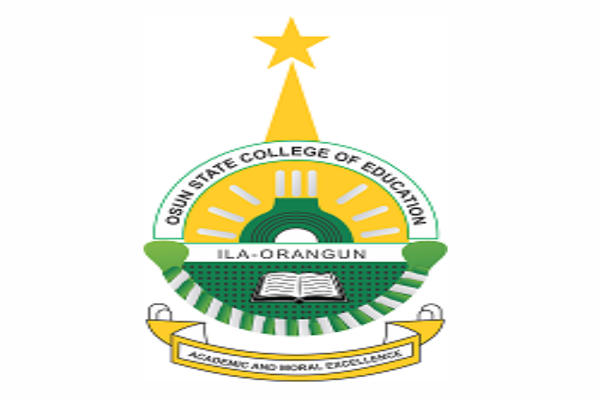UNILAG don: Botany plays a key role in addressing drug trafficking, abuse


The youngest professor at the University of Lagos, Temitope Olabisi Onuminya, who lectures in the Department of Botany, has highlighted the critical role of botany in combating drug trafficking and abuse.
During a media discussion, the 38-year-old expert in Plant Systematics and Conservation discussed how technologies like DNA barcoding, which helps detect plant materials in different forms, can support law enforcement and regulatory agencies in spotting adulterations in products and identifying the difference between restricted and ordinary plants, enabling faster and more informed decisions during substance analysis and enforcement processes.
Prof. Onuminya, who completed her PhD at UNILAG in November 2011 as the best graduating doctoral student and the youngest to do so in the university’s 50-year history, attributed her academic achievements to the mentorship of Prof. Oluwatoyin Ogundipe, the former Vice Chancellor of the university.
“I have been able to enjoy the mentorship of a man who is visionary and willing to provide the platform for one to thrive at every point. I am grateful for the guidance he provided in my academic journey so far. He instilled in me a culture of learning and personal development for everything that is needed in academic development,” she said.
As a recipient of the Darwin Scholarship, she stressed the necessity of obtaining funding for research and shared that her mentor taught her how to write grants successfully.
Though she initially planned to become a mechanical engineer like her grandfather, who was an electrical engineer, Prof. Onuminya’s career path changed after various life experiences and encounters.
She shared her initial frustration at being placed in the Botany department instead of being admitted to study Medicine or Pharmacology, but added that encouragement from a neighbour helped her remain focused and excel academically.
By her third year, inspired by Ogundipe, she chose to pursue an academic career and turned down several high-paying job offers in other fields.
She reaffirmed how important mentorship is and the opportunities it can provide, adding that her mentor’s encouragement enabled her to travel and gain knowledge from professionals, advancing her abilities in molecular biology and DNA barcoding.
The academic also pointed out the difficulties faced in the standardisation of herbal medicine and the current efforts being made to solve them. She stated that the African Centre of Excellence for Drug Research, Herbal Medicine Development, and Regulatory Science (ACEDHARS) at UNILAG offers training to herbal industry practitioners and stakeholders on standardisation practices and regulatory procedures.









